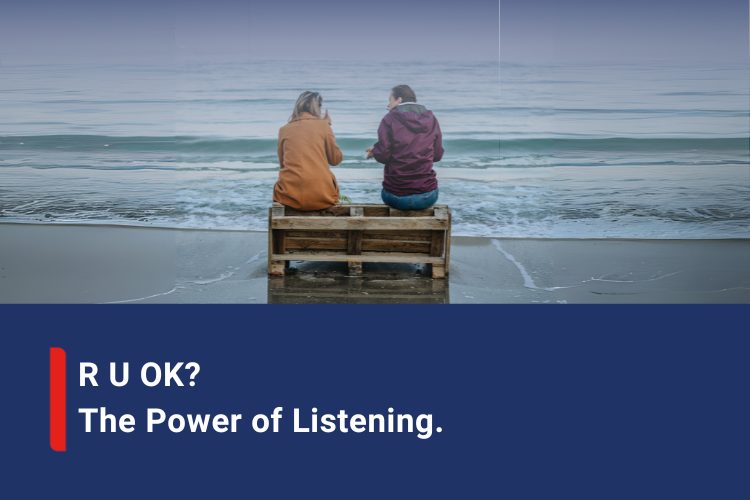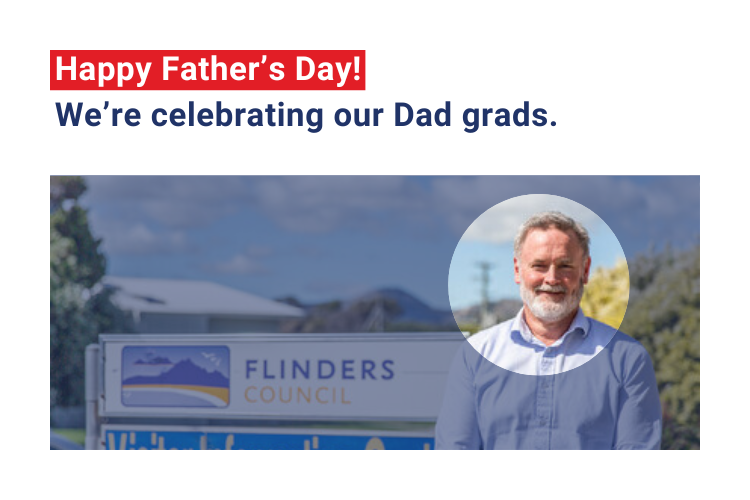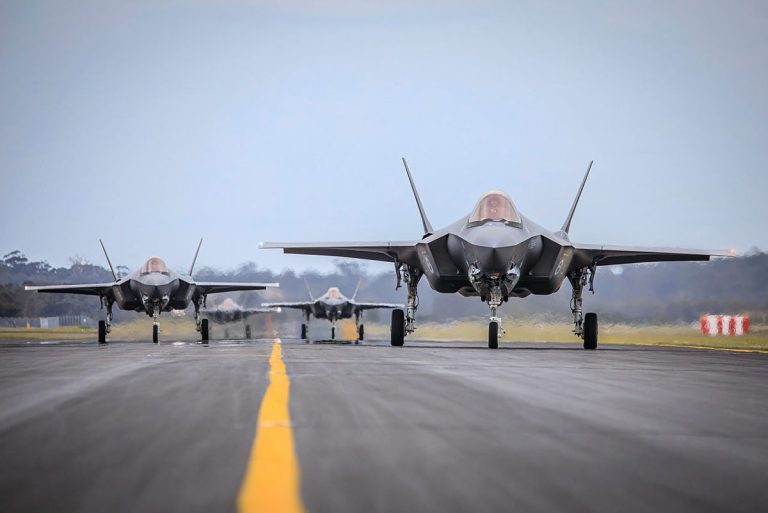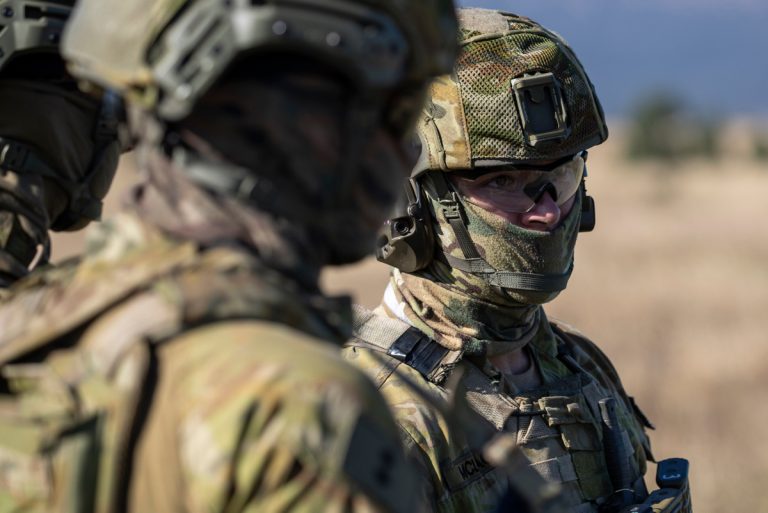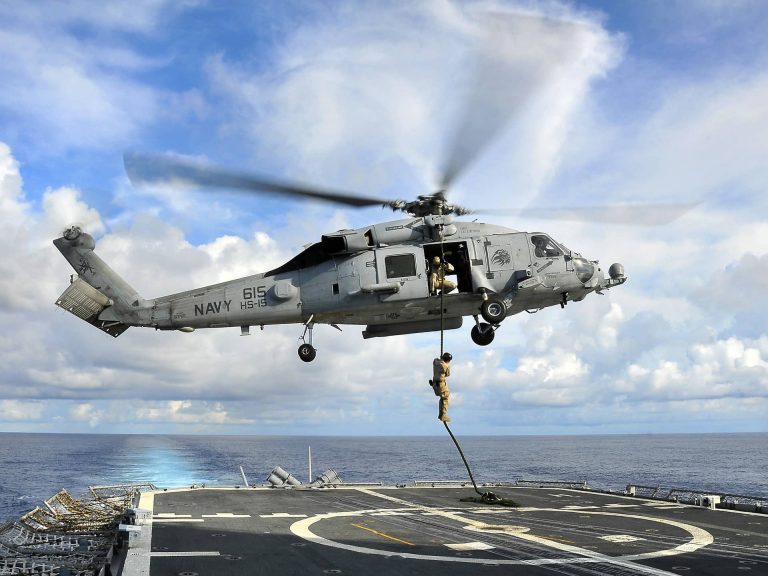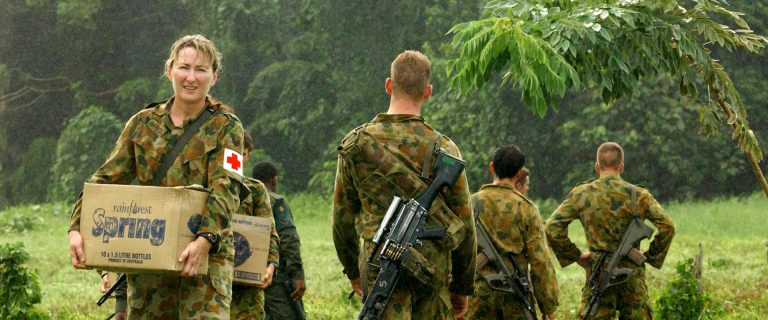Have you ever been asked what it means to you to be Australian?
I have. And it has taken me a while to put my response into words. Politicians and people tapping away on social media are quick to stamp words or actions as “un-Australian”. But I have always found it makes more sense to work out what Australians are, rather than what we are not.
In many ways, it is easiest to define “Australian” as a way of being.
A spirit of determination. The courage to rise to the occasion. A willingness to lend a hand. A preparedness to listen as well as talk. A quickness to laugh. A mutual respect.
The last couple of years has showed some other characteristics of Australians. We largely play by the rules. We look out for one another. We put the community good above our own individual good, most of the time. And we enjoy a good feed with mates and family, BYO meat for the BBQ – but sometimes, oddly, we get a little nervous about our supply of toilet paper.
In my lifetime, I have listened to the conversation about Australia Day change, and I have realised that what it means to be Australian has changed too. At least, to Randall and me.
Being Australian means taking in the whole story of Australia’s history, even the bits we weren’t necessarily taught in school, the parts we may not understand or the parts that may feel deeply uncomfortable and sad. We put them alongside the parts of our story that make us proud and the parts that make us humble.
This year, as Australia Day comes, I wanted to recognise the history of Australia’s First Nations people.
Their story is the foundation of Australia, its earliest origins. And the recognition of their place in Australia’s story is also the way of our future.
At the Australian of the Year awards 2021, I watched the presentation and was moved by the words and character of Dr Miriam-Rose Ungunmerr Baumann AM (Senior Australian of the Year). In her speech, Dr Rose asked something of us. She said, “We have lived in this country for many thousands of years and 200 years ago we began to interact with white fellas.
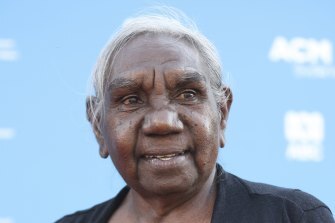
CREDIT: ALEX ELLINGHAUSE
“Since then, we have adapted to a new way of living. We learned to speak your English fluently. For years we have walked on a one-way street to learn the white man’s, white people’s way. I’ve learned to walk in two worlds and to live in towns and cities and even worked in them. Now is the time for you to come closer to understand us and to understand how we live and listen to what the needs are in our communities. When you come to visit or work in our communities and leave your comfort zones, I ask that you bring your knowledge and wisdom, but we ask you also to learn and understand how we live and function in our communities and listen to what our needs are.”
She called for us, for Australians, to listen deeply to each other, to Indigenous Australians. It is a depth of listening – dadirri – that is actually more than an act but a way of being.
To truly listen, well, that is something I am still working on. It takes practice. It involves a willingness to put down what I think I know and be curious about what I could learn.
This Australia Day, I am going to make time to listen; listen to our First People’s thoughts and stories of what Australia Day means to them. And then I am going to do my best to understand more.
I love this country, I love being Australian. I love being the daughter and great grand-daughter of migrants who made new lives in Australia. Our story of Australia is not perfect, no family ever has a perfect story, but it is one that is still being written.
No matter your feelings towards this day, where you came from or where you are heading, I hope you find space to join me in listening too. And together, with brave hearts and minds, we can continue to write the next chapter of what it means to be Australian.
Take care,
Tricia

